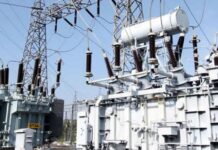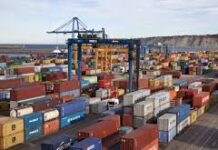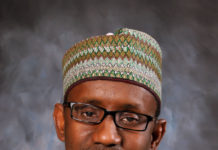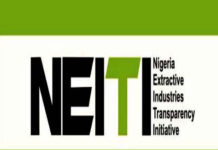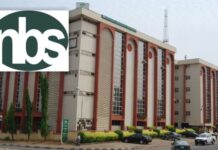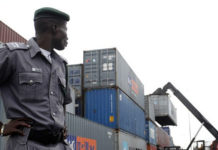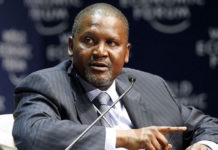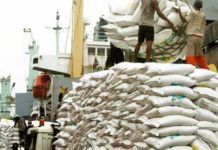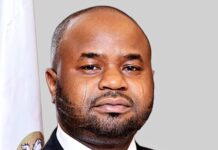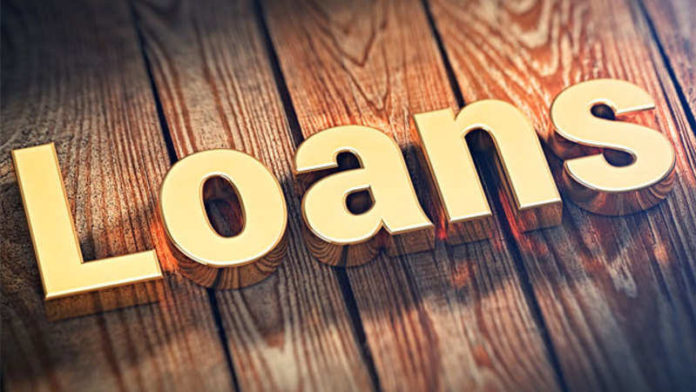
$1.5bn Loan: Time to Rethink Debt Strategy, Relationship with Bretton Woods
By Zekeri Idakwo
In a desperate bid to save the Naira, the Nigerian government has yet again turned to the World Bank for a loan of $1.5 billion. Is this just another band-aid solution, or could it be the start of a real economic reform?
In an interview with Bloomberg TV at the World Economic Forum (WEF) held in Davos, Switzerland, the Minister of Finance and Coordinating Minister of the Economy, Wale Edun, discussed the need for financial support from multilateral organisations as Nigeria implements economic reforms. One key reform, the removal of fuel subsidy, has already caused significant disruptions, and Edun believes more support is needed to ensure a smooth transition.
The merger of the foreign exchange market is another area where Edun believes additional support is crucial. With these changes, Edun hopes to bring more stability to the economy and create a more level playing field for businesses.
“We are hoping to get $1 billion or $1.5 billion from the World Bank. It is a matter of discussion at the moment, but we think we will get the support because we are continuing with our reforms.
“What we have done with fuel subsidy, what we have done in terms of the foreign exchange market reform, deserve support. We have done enough and we deserve to be rewarded imminently,” he said.
How is getting a loan from the World Bank a deserved reward? That must be because the fuel subsidy removal is a policy sanctioned by the World Bank and other Bretton Woods institutions.
Although the Naira has lost more than half of its value against the US dollar in the past year, plunging to a record low of almost N1,400 per dollar at the parallel market, the country is also struggling with high inflation, low oil revenue, rising debt and widespread poverty.
Read Also:
But is this loan a solution or a problem? Some analysts and experts have raised concern about the sustainability and effectiveness of Nigeria’s borrowing spree. They argue that the country is already overburdened with debt, and that taking more loans would only worsen its fiscal situation and undermine its sovereignty.
According to a recent report from the Debt Management Office (DMO), Nigeria’s total public debt increased by 75.29% in the second quarter (Q2) of 2023, reaching N87.38 trillion. This is a dramatic increase from the N49.85 trillion reported at the end of the first quarter (Q1). The DMO attributes this significant increase to N22.71 trillion in ways and means advances obtained by the federal government from the Central Bank of Nigeria (CBN).
The World Bank loan, if approved, would add to Nigeria’s debt burden and increase its dependence on external creditors.
Recall that the Nigerian National Petroleum Company Limited (NNPCL) secured an emergency $3 billion crude oil repayment loan from Afreximbank. This is not a crude-for-refined-product swap but an upfront cash loan against proceeds from a limited amount of future crude oil production. The loan will assist NNPCL in settling taxes and royalties in advance. It will also equip the Federal Government with the necessary dollar liquidity to stabilise the Naira, with limited risk.
Also, Afreximbank and the United Bank for Africa (UBA) have successfully disbursed $2.25 billion from the $3.3 billion oil-for-cash loan to NNPCL. The funds will be released in stages or tranches based on the specific needs and requirements of the Federal Government.
These loans would come with conditions and reforms that the government would have to implement, such as further devaluing of the naira, cutting more subsidies and increasing taxes. These measures could have negative impact on the welfare of the citizens, especially the poor and the vulnerable.
Therefore, some experts suggest that president Bola Tinubu and his economic team should look for alternative sources of funding and revenue, such as tapping into its domestic savings, improving its tax collection, sincerity in diversifying the economy, and curbing corruption and waste. They also urge the government to adopt prudent fiscal and monetary policies, and to invest in infrastructure, education, health, and social protection.
Nigeria should be careful not to fall into a debt trap that could jeopardise its future prospects and potential. Indeed, one loan too many can break the camel’s back.



